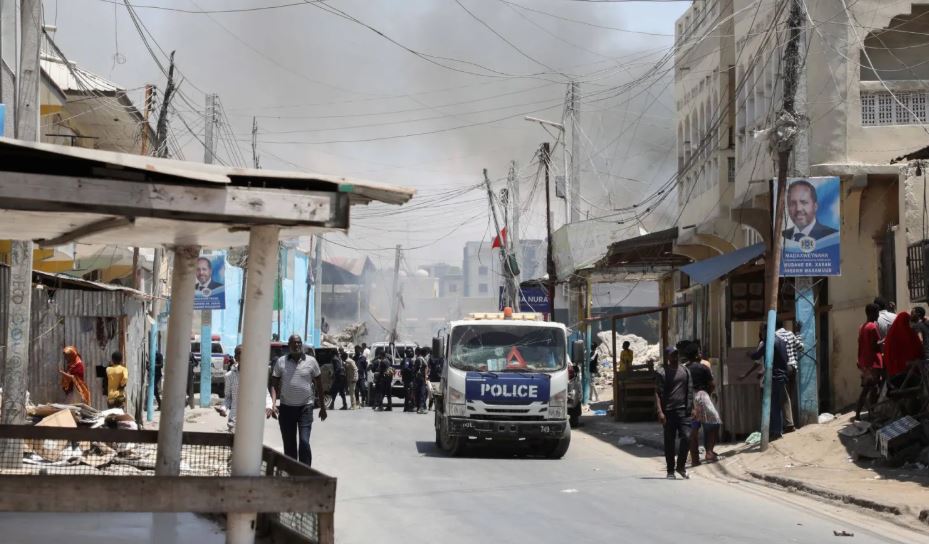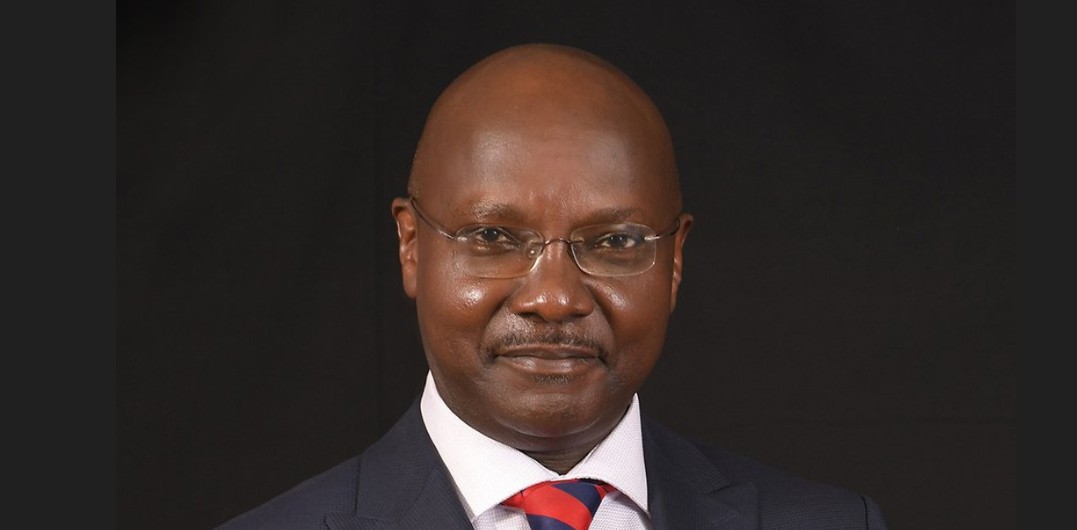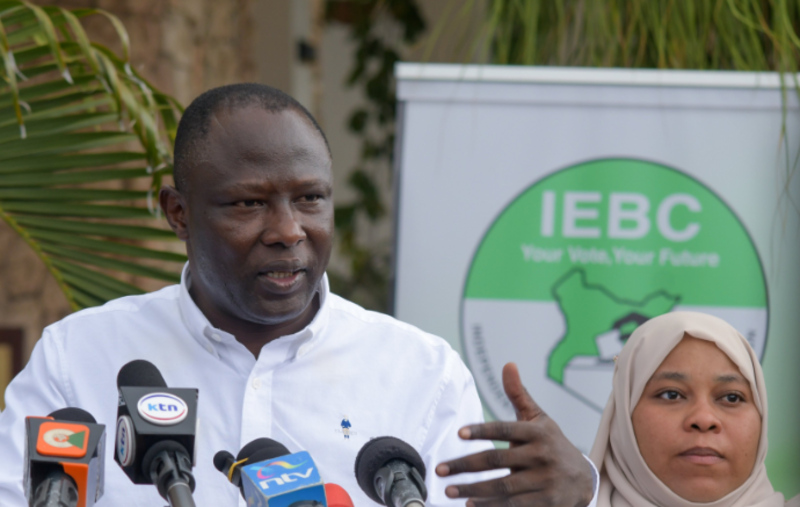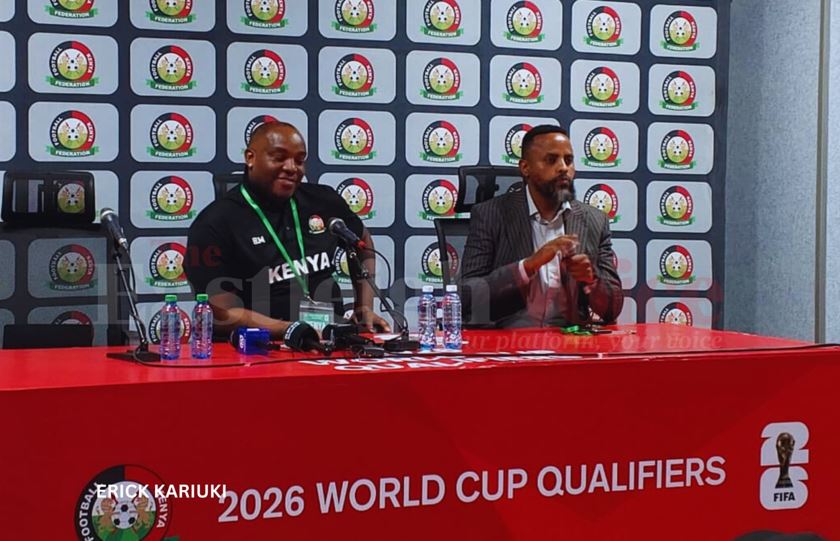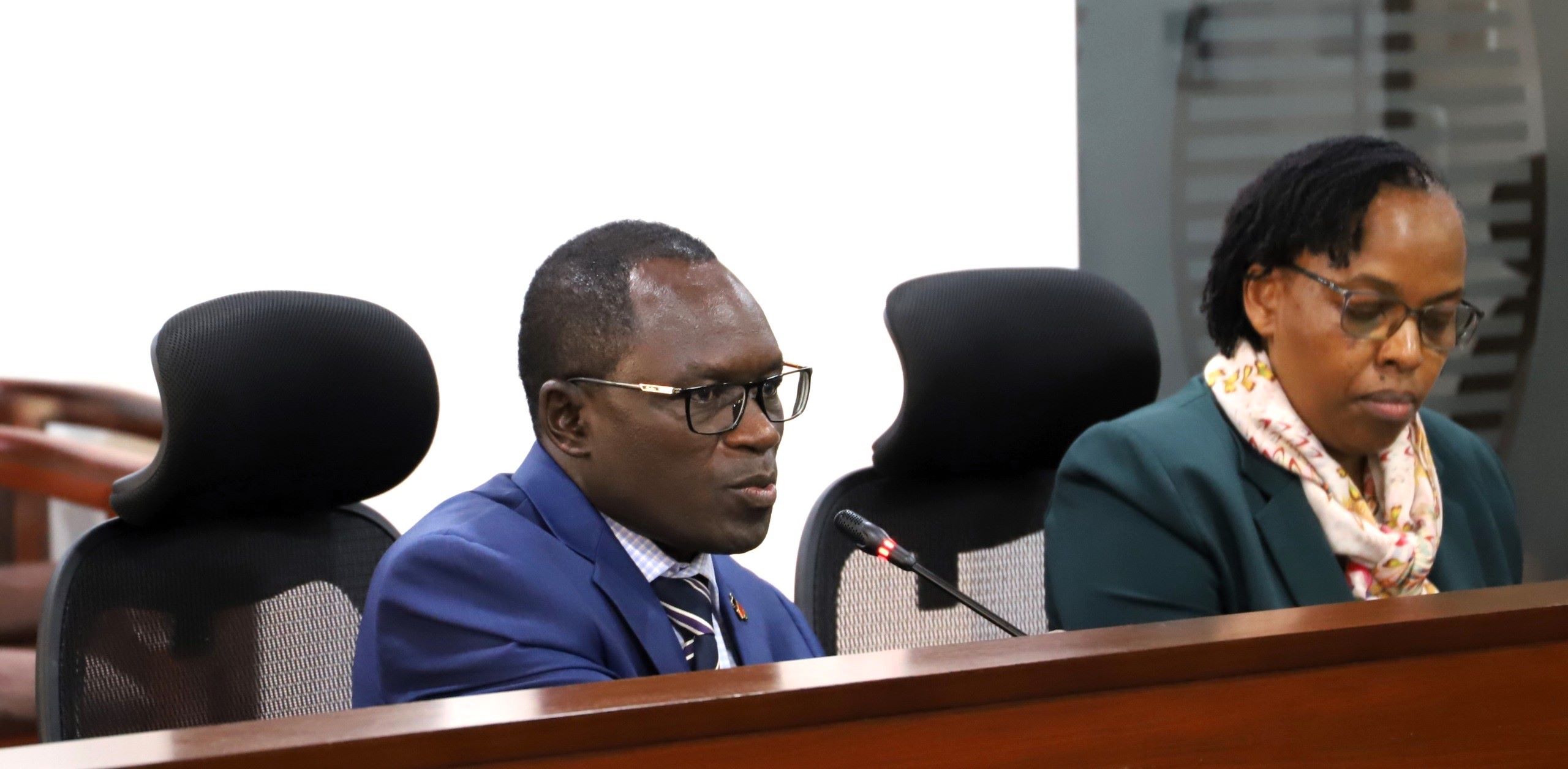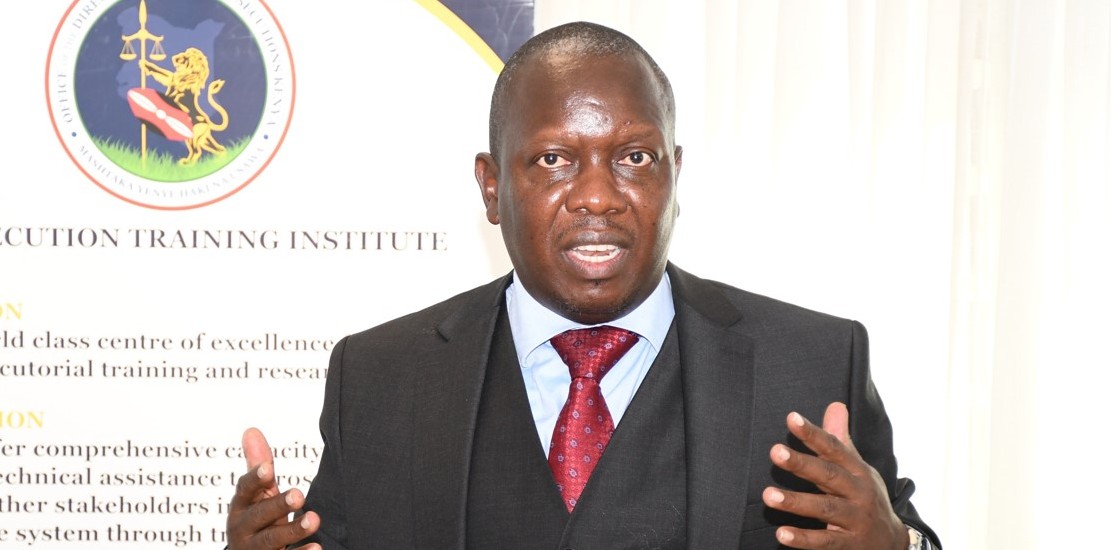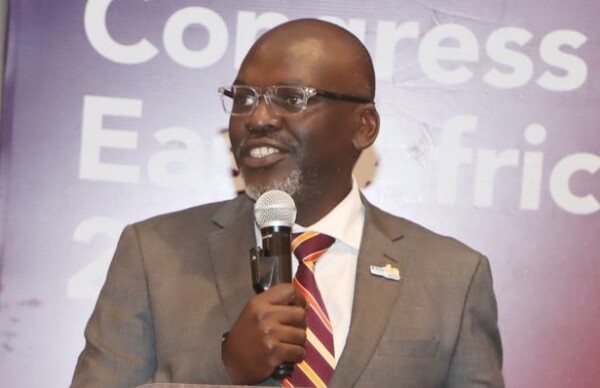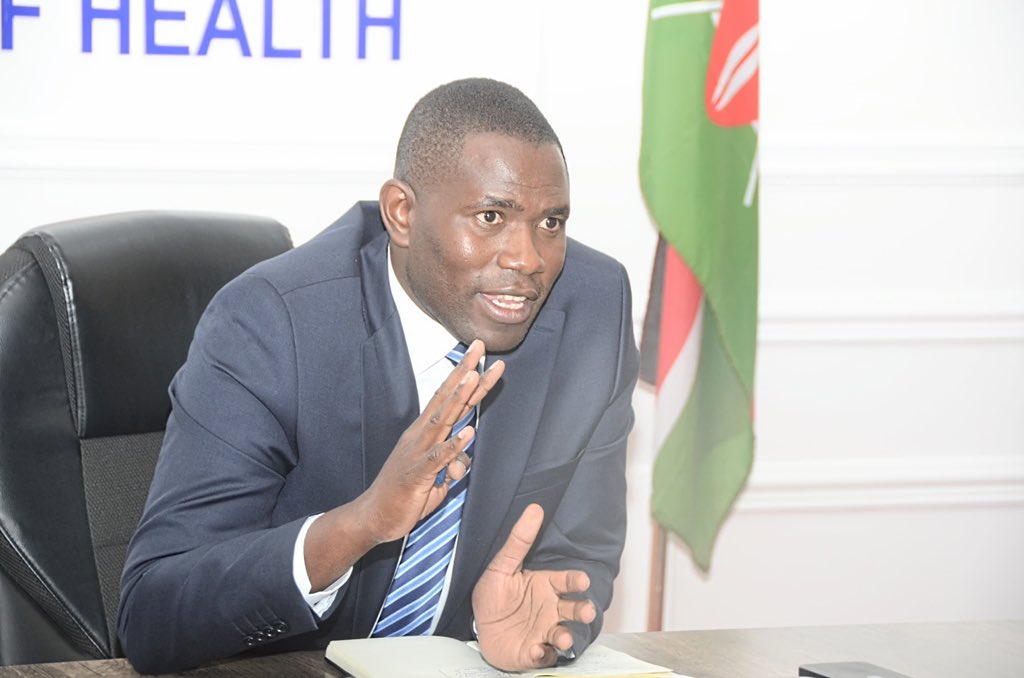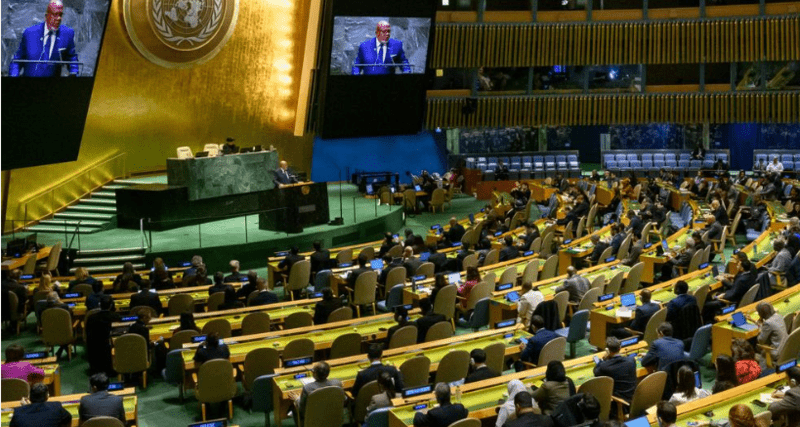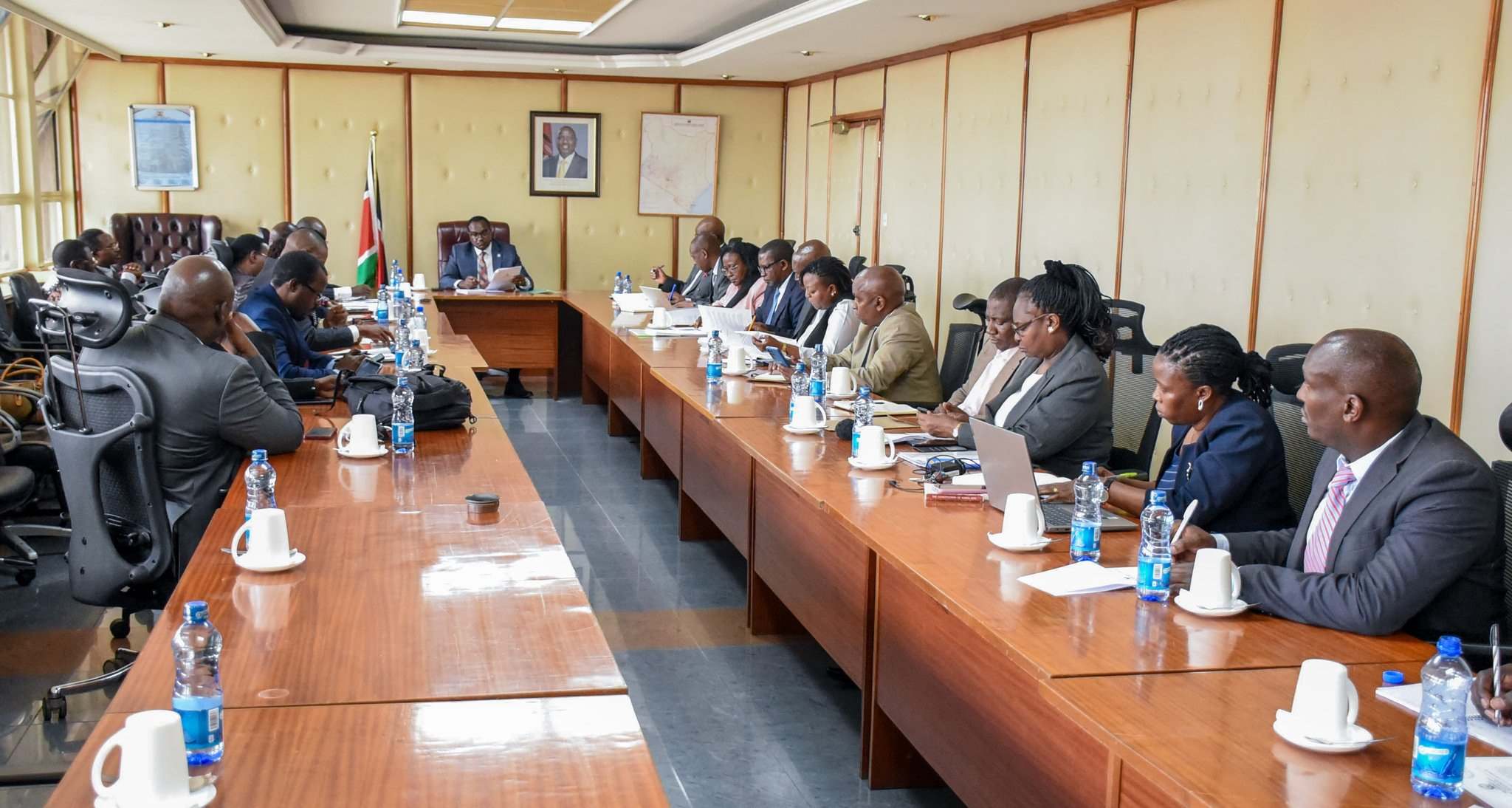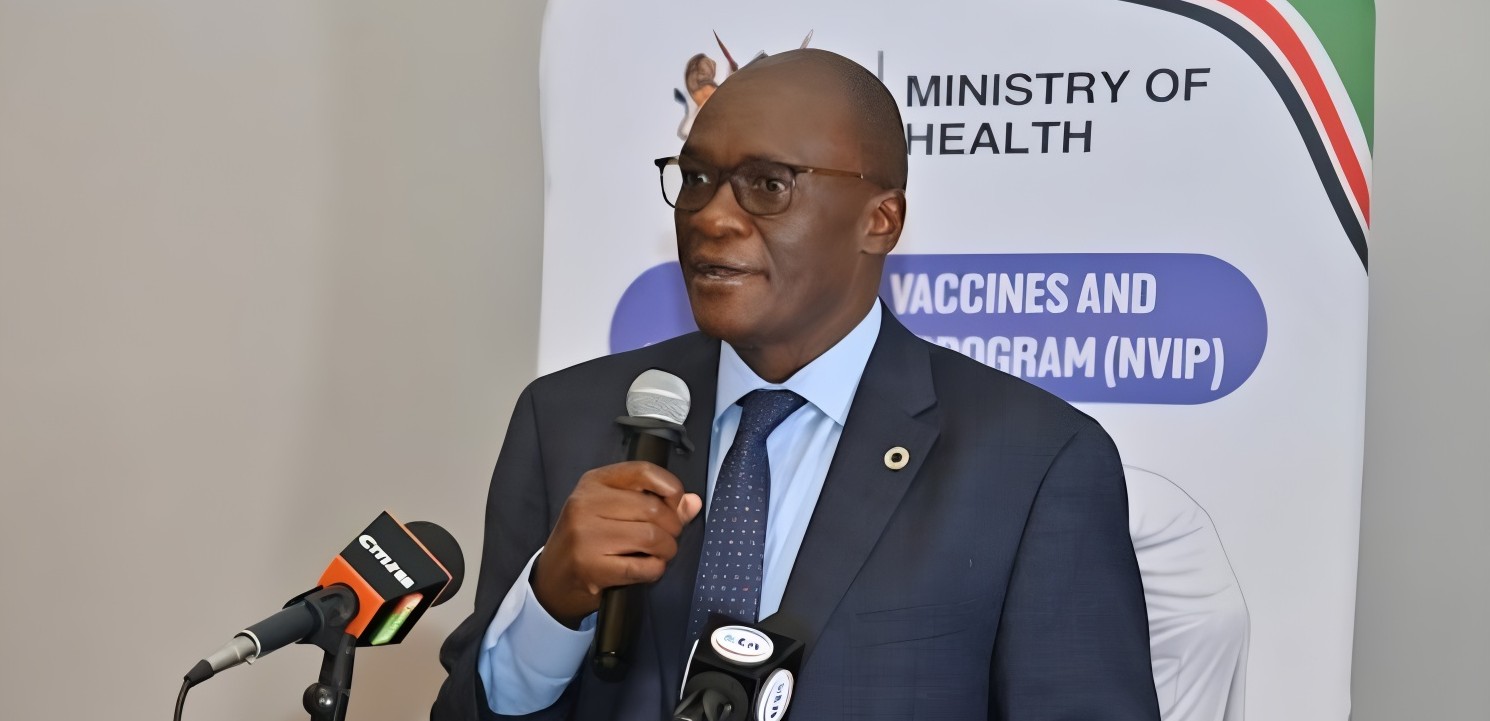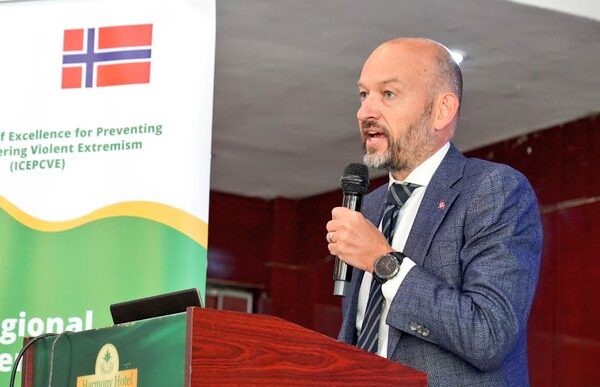Schools heads warn of early closures due to delayed funding ahead of KCSE exam
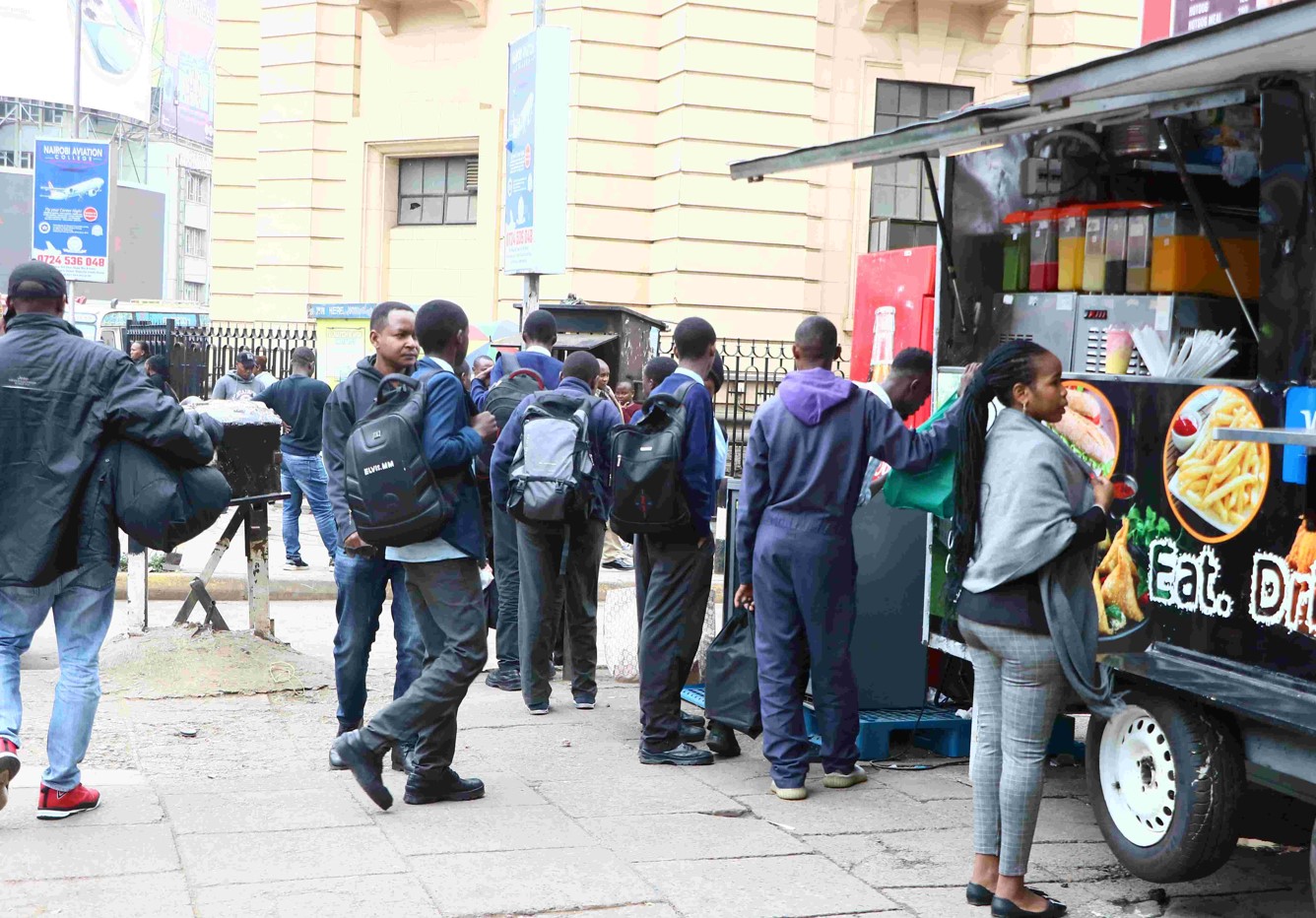
He also noted that if the remaining funds are not released, staff employed by the schools will be forced to go on long holidays without pay.
The Kenya Secondary Schools Heads Association (KESSHA) has warned that secondary schools across Kenya could close early due to the government's failure to disburse the full capitation funds for the year.
KESSHA chair Willy Kuria said schools are grappling with a severe shortage of funds needed to prepare for the Kenya Certificate of Secondary Education (KCSE) exams and other end-of-year assessments.
More To Read
- One year on, parents of Hillside Endarasha fire victims still demand justice
- 3,000 schools get capitation funds as Ministry continues with verification exercise
- Student suspended, slapped with Sh16,800 fine for possessing chewing gum
- Education CS Ogamba says university fees have not increased despite confusing reports
- Government disburses Sh23.16 billion to university, TVET students
- Education ministry launches county forums to address capitation issues, stalled promotions
He warned that the financial strain has become unbearable for many schools.
“There’s already a serious financial crisis in schools, and it is not possible to complete the term if the remaining capitation is not released. It is unfortunate that school staff will have to go without salaries. We're very worried that the debt burden in schools is getting out of hand,” Kuria, who is also the principal of Murang’a High School, said.
He also noted that if the remaining funds are not released, staff employed by the schools will be forced to go on long holidays without pay.
He emphasised that the funds allocated are insufficient to meet the needs of the schools.
“KESSHA wants to state that this amount is too little considering it is just half of the Sh22,224 that is budgeted for tuition and operations,” Kuria said.
Under the Free Day Secondary Education programme, each student is entitled to Sh22,244 annually for tuition.
However, the government has only released Sh15,192 so far, directing schools to allocate Sh3,850 for infrastructure. This leaves only Sh11,342 per student for tuition and other operational costs, significantly less than the required amount.
KESSHA has criticised the government's decision to deduct infrastructure funds from the capitation, arguing that such costs should be covered by the Constituency Development Fund (CDF) and the transition infrastructure grant fund from the Ministry of Education.
“The capitation is purely for tuition and operations. KESSHA urges the Treasury to release the remaining Sh6,000 per learner so that schools can purchase the necessary materials for the forthcoming KCSE and end-of-year exams,” Kuria added.
Capitation funds are typically used to cover essential expenses such as stationery, laboratory equipment, co-curricular activities, staff salaries, utility bills, transport, and administrative costs.
The growing debt crisis in schools has led some suppliers to take legal action, while others are refusing to provide goods on credit, further straining the situation
Top Stories Today
